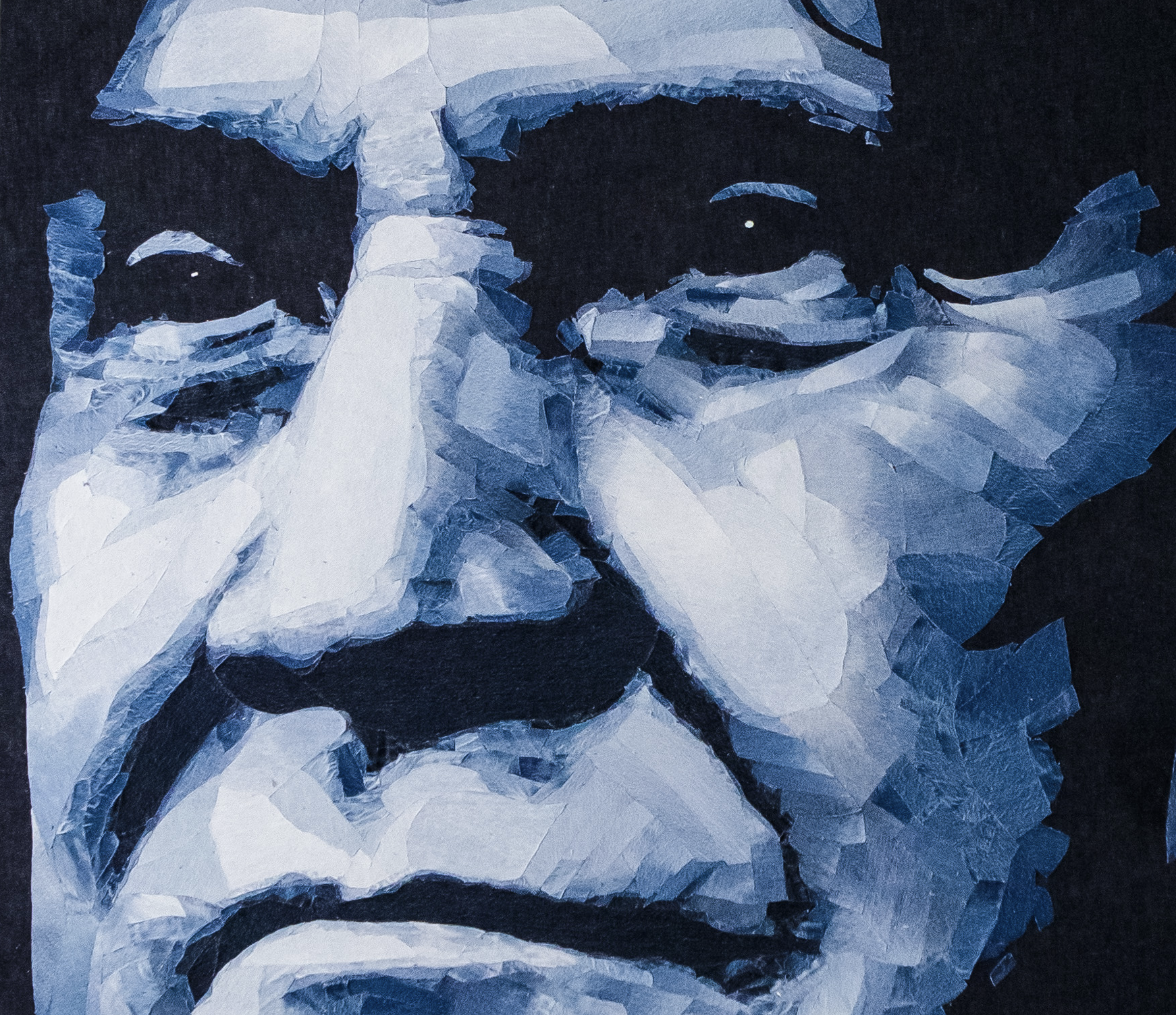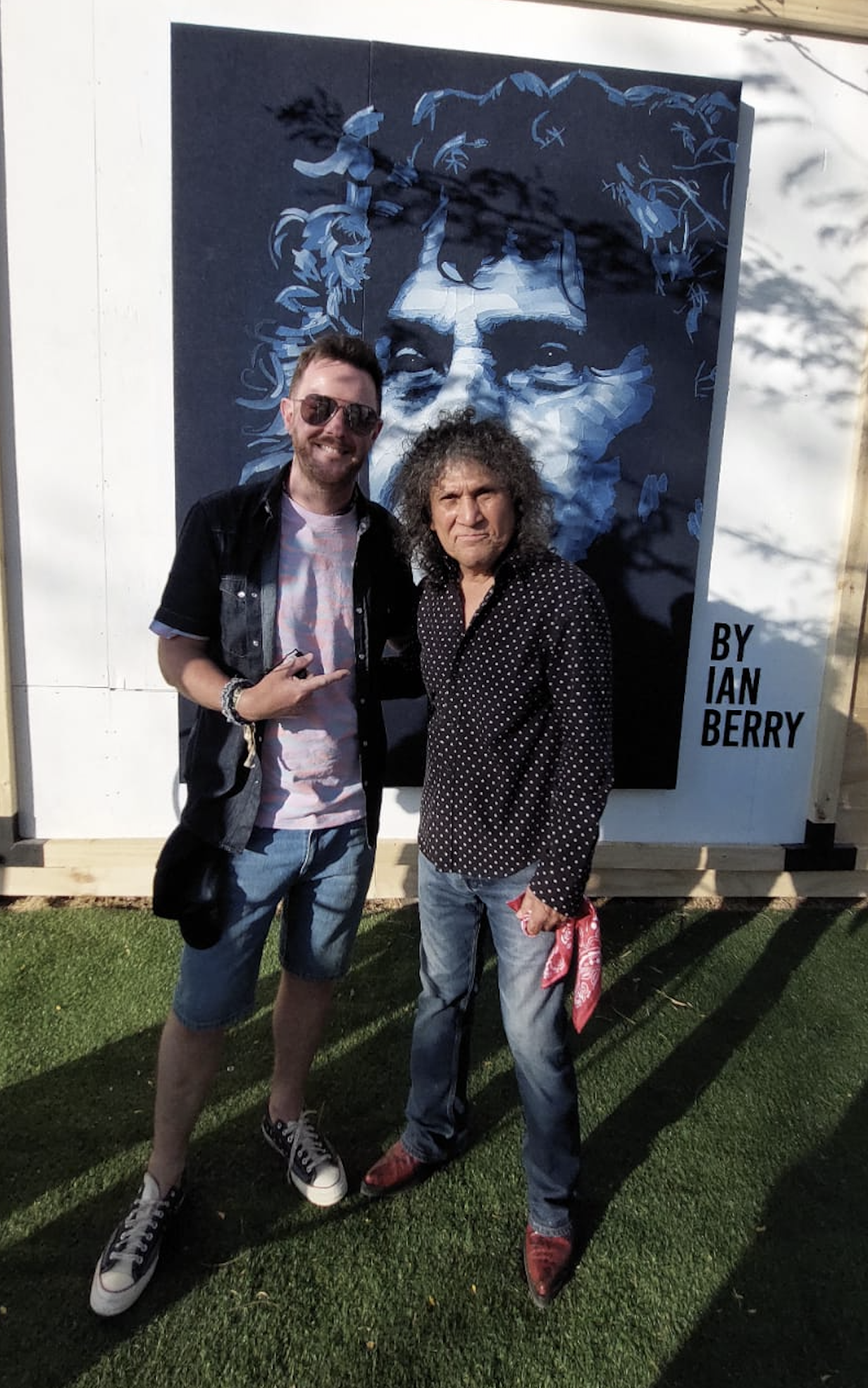ROBERTO MÁRQUEZ
(1951, ANTOFAGASTA - CHILE)
Roberto Marquez Is a Chilean musician, composer, charanguista, vocalist and musical director of the group Illapu since it was formed 1971.
Since its beginnings, Illapu has developed a unique, innovative, experimental and beautifully conceived sound that over the years became a musical and poetic proposal that synthesizes with sensitivity the dreams and aspirations of various generations.
In the summer of 1971, in Antofagasta, along with his brothers; Jaime, Andrés and José Miguel Márquez, along with Osvaldo Torres, they started the group influenced by the New Chilean Song and the Andean and Latin American ancestral culture that is very present in the region.
In 1972 they recorded their first album, "Illapu: Música andina", which launched the group on the national scene. It is then presented for the first time at the Viña del Mar International Song Festival (1973) the most important music festival on the continent.
Illapu's musical genealogy goes back to the ancestral roots of the Andean world. From that inexhaustible source his harmonic and sonorous constructions are born. Time and contact with the contemporary world have opened new musical horizons and aesthetic conceptions for Illapu. This is how illapu reveals today a wide range of sounds, textures, rhythms, melodies, atonalities and harmonic polyphonies that achieve a unique and characteristic amalgam that is impossible to separate.
In 1978 they made their first tour of Europe, and they were invited to play at L'Olympia in Paris, at the Sorbonne Auditorium.
However in 1981, when they were returning from their second tour of Europe, they were prevented from entering the country by the Pinochet regime and exiled in France. This is certainly something that peaked Ian Berry’s interest in Roberto and the band as they had spoke out against the regime.
In the early spring of 1988, Illapu finally returned home after 7 years in exile. They were received by more than 100,000 people in their first concert in Parque La Bandera in Santiago. Even in their absence, the popularity had increased.
In ‘91, the album “Vuelvo amor... Vuelvo vida” obtained its first gold record. Since then, Illapu has received countless awards, gold discs and platinum awards.
They perform on the biggest stages in Europe, the United States, Canada, Hong Kong, North Africa, and Australia, where in 1987 they received the "Media Peace Award" from the S.B.S. TV.
After settling in Mexico in 1986, they travel through much of Latin America and the Caribbean prior to returning to Chile.
Ian Berry in his London studio with the Roberto Marquez portrait
In the early spring of Illapu is still performing today fusing its Latin Andean roots with elements of jazz, with harmonic constructions of classical music, with the syncopation of Afro-Caribbean, combined with the unbreakable force of rock.
Illapu sings of life, love, justice, the preservation of the cultural sources of America, the contradictions between man and nature, and the tensions created by the processes of modernity. Most of its compositions are written by its members and are also nourished by the lyrics of great poets such as Pablo Neruda, Mario Benedetti, Roque Dalton.
They use a wide variety of musical instruments from different origins. The ancient aerophones: zampoñas, quenas, quenachos, tarkas, sicuras, moceños, trutrucas, pifilca. In addition to traverse flute and saxophones. From Latin American strings they perform bandurria, Venezuelan cuatro, Bolivian charango, Colombian tiple, together with electroacoustic guitars, electric bass and keyboards. They also play various percussion instruments such as bombo legüero, Peruvian cajon, congas, bongo, kultrún, djembe, Latin percussion and drums.
Illapu is a group that experiments and fuses its Latin Andean roots with elements of jazz, with the harmonic constructions and counterpoints of classical music, with the syncopation of Afro-Caribbean music, combining all this with the unbreakable telluric force of rock.
Ian Berry with Roberto Marquez
Ian Berry was honoured with meeting Roberto with and was able to talk for a long time with him about the band and his music and was keen to hear his reaction to the portrait, his wives favourite picture.




